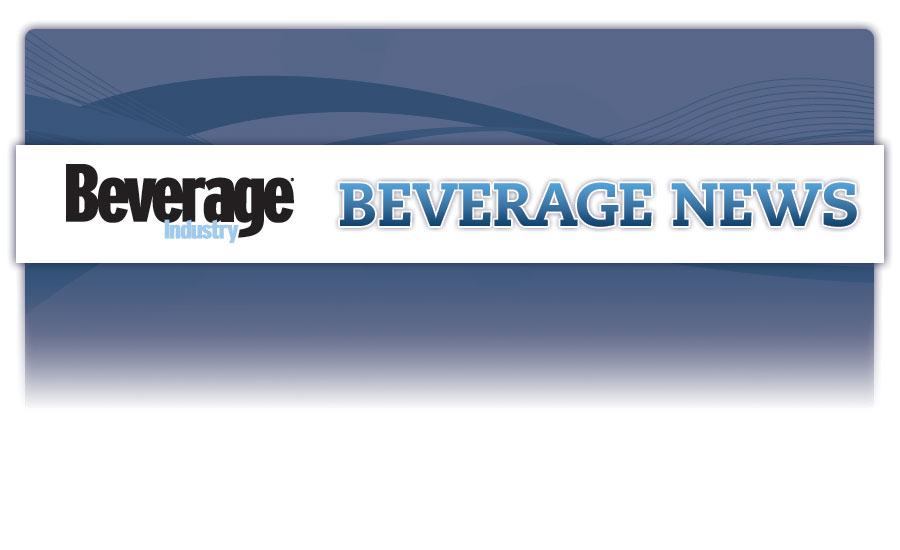Distribution
Fleet vehicle manufacturers reveal how COVID-19 has impacted supply chain
Companies adjust processes to support safe manufacturing environment

It would be a massive understatement to say that COVID-19 threw a wrench in all sorts of plans in the past year, creating a lot of uncertainty around the supply chain. It also raised a lot of questions about how the pandemic would affect vehicle manufacturers’ rollout of their latest equipment. We checked in with many of those to get a sense of how they’re weathering the storm.
Mary Beth Halprin, vice president of public relations and corporate affairs at Volvo Group North America, notes that over the summer, the pandemic affected the production schedules of its Volvo Trucks manufacturing operations in Dublin, Va., as well as the group’s powertrain manufacturing facility in Hagerstown, Md.
“While there still is uncertainty about how the pandemic and how the truck market will evolve, we have seen improved retail demand and reduced dealer inventories, which enabled a gradual ramp up of full production this fall at both facilities,” Halprin says. “As of this response, we have resumed pre-COVID production levels.”
In order to mitigate the risk to Volvo employees, the Volvo Group made several changes to its manufacturing processes and facilities. The company continues to require a number of precautions to protect its team, including physical distancing throughout the plant, mandatory face masks, temperature checks, and increased cleaning and disinfecting regimens.
Meanwhile, Brian Tabel, executive director of marketing at Isuzu Commercial Truck of America Inc., says its plants have been running the whole time, save for a brief period at the beginning of the pandemic when Michigan had a statewide shutdown. “Our production [team] of our class 6 FTR and the Class 3 and 4 N-Series gas truck are building everything they can at this point in Charlotte, Mich.,” he says.
Additionally, its production sites in Japan are building all of the N-Series diesel trucks that they can for the U.S. and Canada markets, along with the other countries around the world that they supply. “We have been seeing record orders from our dealers and customers on trucks to fill the demand,” Tabel says.
PACCAR, owner of the Kenworth and Peterbilt brands, didn’t comment on current vehicle production levels, but states that the company has been making significant strides on keeping up with its schedule since its plants were shut down from March 24 through April 20, 2020. (Operations had originally been suspended until April 6, but the company ultimately decided to extend the suspension an additional two weeks.)
Finally, Fiat Chrysler Automobiles US (FCA US) points to strong Q3 sales performance of its ProMaster van as a positive indicator of its growth trajectory, particularly as the industry continues to emerge from the pandemic. Volume sales of the ProMaster increased 10 percent in Q3 2020 versus the corresponding period in 2019. The company sold 15,998 ProMaster vans in the quarter, compared with 14,589 in the third quarter of the prior year, the company says.
“We are optimistic about the U.S. market, and expect sales to remain strong as we close out 2020,” said FCA head of U.S. sales Jeff Kommor in a statement.
Looking for a reprint of this article?
From high-res PDFs to custom plaques, order your copy today!








